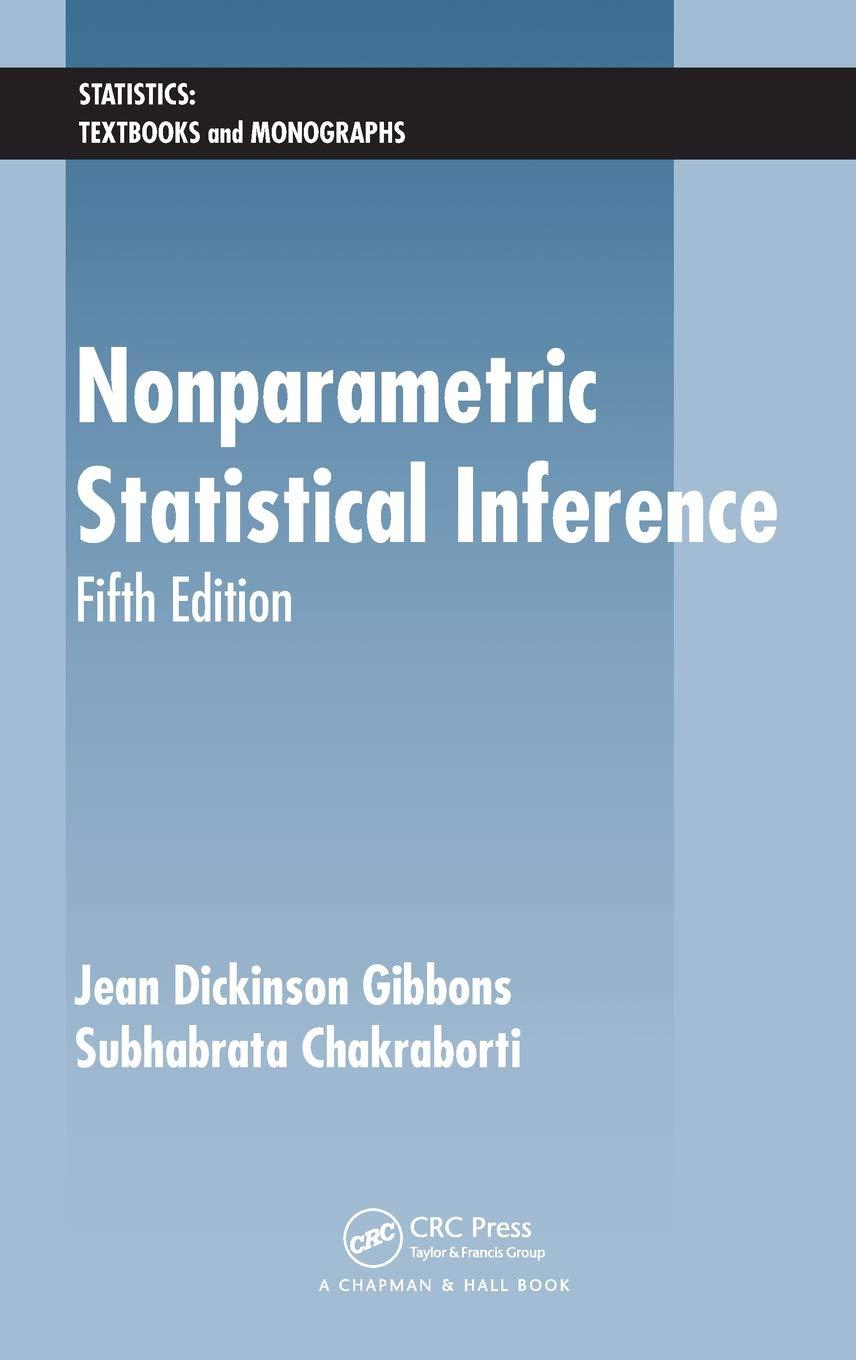12.6 Webber (1990) reported results of a study to measure optimism and cynicism about the business environment
Question:
12.6 Webber (1990) reported results of a study to measure optimism and cynicism about the business environment and ethical trends. Subjects, ranging from high school students to executives, were asked to respond to a questionnaire with general statements about ethics. Two questions related to subjects’ degree of agreement (5-point scale) with general statements about ethics. Three questions related to how others would behave in specific problematic situations and answers were multiple choice. Three more questions, also multiple choice, related to how subjects themselves would react to the same problematic situations.
These answers were used to develop an optimism index, where larger numbers indicate an optimistic feeling about current and future ethical conditions, and a cynicism index that measures how subjects felt others would behave relative to the way they themselves would behave (a cynicism index of 2.0, for example, means subjects judged others twice as likely as themselves to engage in unethical behavior).
The author claimed an inverse relationship between optimism and cynicism but also noted a relation to organizational status of respondents as measured by age. Use the data below to determine whether the relationship between optimism and cynicism is still present when the effect of age is removed.
Group Mean Age Optimism Index Cynicism Index Owners=managers 60þ 55 1.1 Corporate executives 44 59 1.4 Middle mangers 34 41 1.4 MBA managers 25 30 1.8 Undergraduates 20 23 2.2
Step by Step Answer:

Nonparametric Statistical Inference
ISBN: 9781420077612
5th Edition
Authors: Jean Dickinson Gibbons, Subhabrata Chakraborti






